Excessive Sun Exposure
Facial hair is subject to the same physical/environmental factors that can influence body hair in general, including that of the face and head. A major factor governing the changing color of facial hair is excessive exposure to the sun. The sun's ultraviolet rays have a very penetrating effect on body hair, and excessive sun exposure can cause darker-colored facial hair to fade and become lighter. This is caused by the sun's effects on the melanin and pigment contained in each hair follicle.
Natural Aging Process
As a person ages, it is common for the pigment in his body hair, including facial hair, to lose some of its natural coloring and become lighter. Facial hair will gradually start to lighten, and eventually the hair will start to turn gray. Each hair follicle gradually starts to lose its ability to produce the same amounts of melanin and pigment--both of which cause the hair to lighten.
Certain Medications
Certain prescription medications can have an effect on a person's facial hair. Certain antibiotics and some heart medications can affect the color of body hair, including facial hair. Many times these medications may stimulate increased melanin uptake, which often results in facial hair becoming darker.
Related Articles
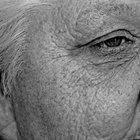
Facts on Natural Hair Changing Color
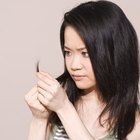
What Are the Causes of Hair Shedding in ...

What Are the Dangers of Men's Brazilian ...
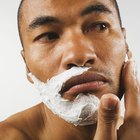
Hyperpigmentation and Shaving

Why Do Men Lose the Hair on Their Legs ...

Can Hair Dye Cause Severe Itching of ...

What Are the Causes of Graying Hair?

How to Make Facial Hair More Visible

Why Do Men Grow Hair on Their Back?

How Exercise Increases Hair Growth

Zinc & Gray Hair
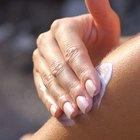
How to Get Rid of Small Whiteheads on ...

Can Drinking Nettle Tea Reduce DHT ...

How to Tell If Someone Is Blushing?
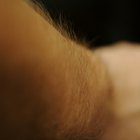
Facts About Hairy Men

How to Look More Masculine in the Face

Estrogen Cream for Hair Removal

How to Make a Mustache Less Noticeable ...

What Are the Dangers of Photofacials?

Signs of a Broken Heart